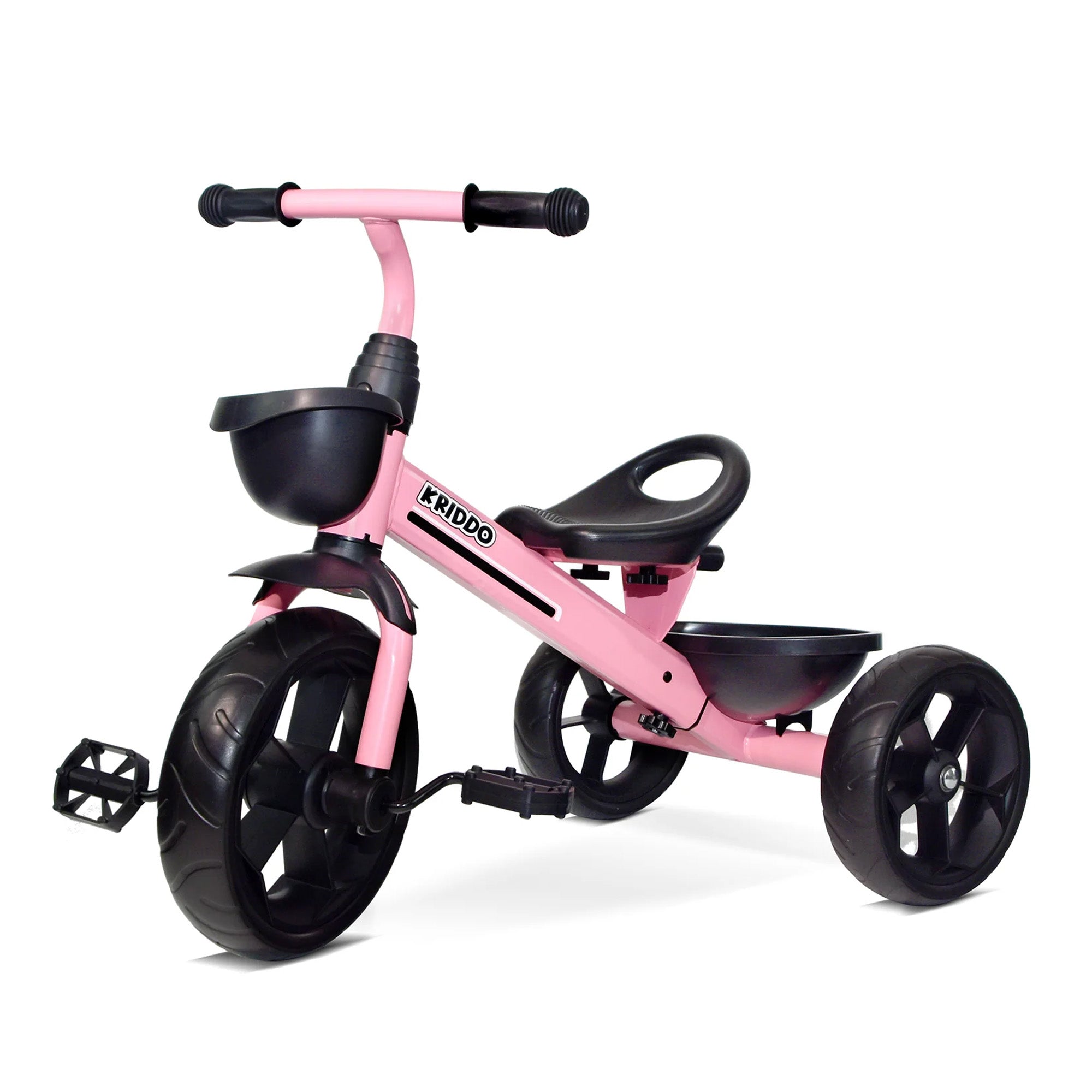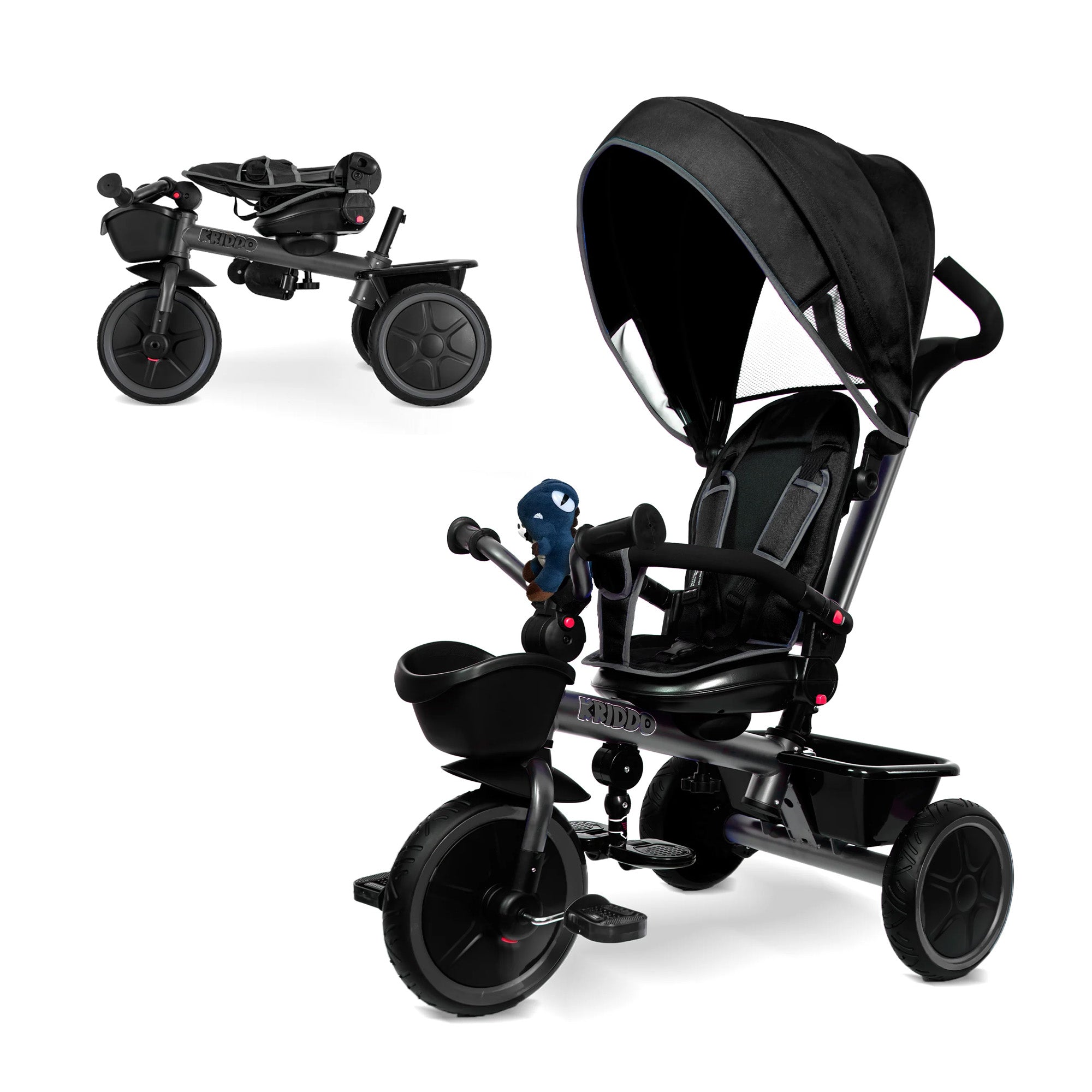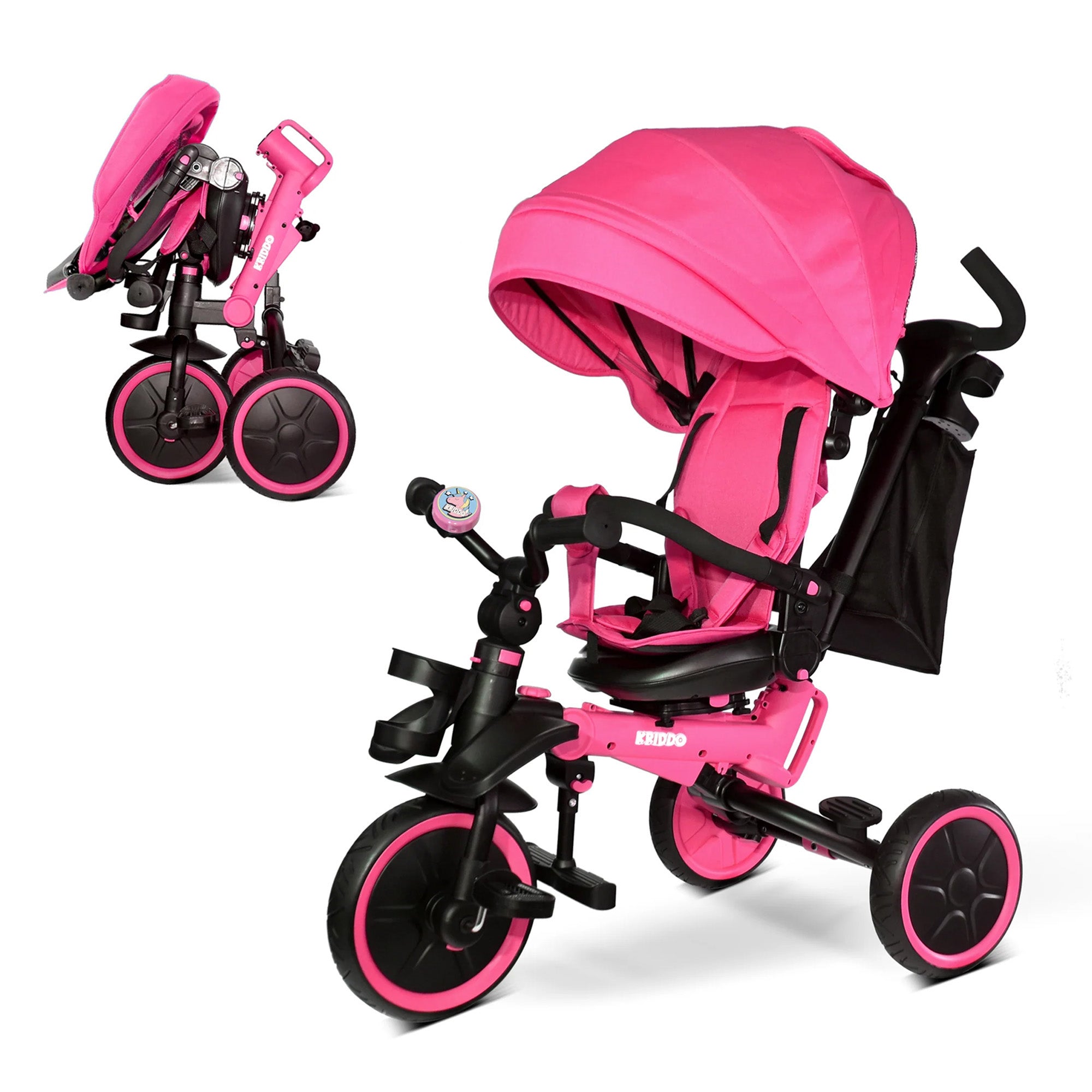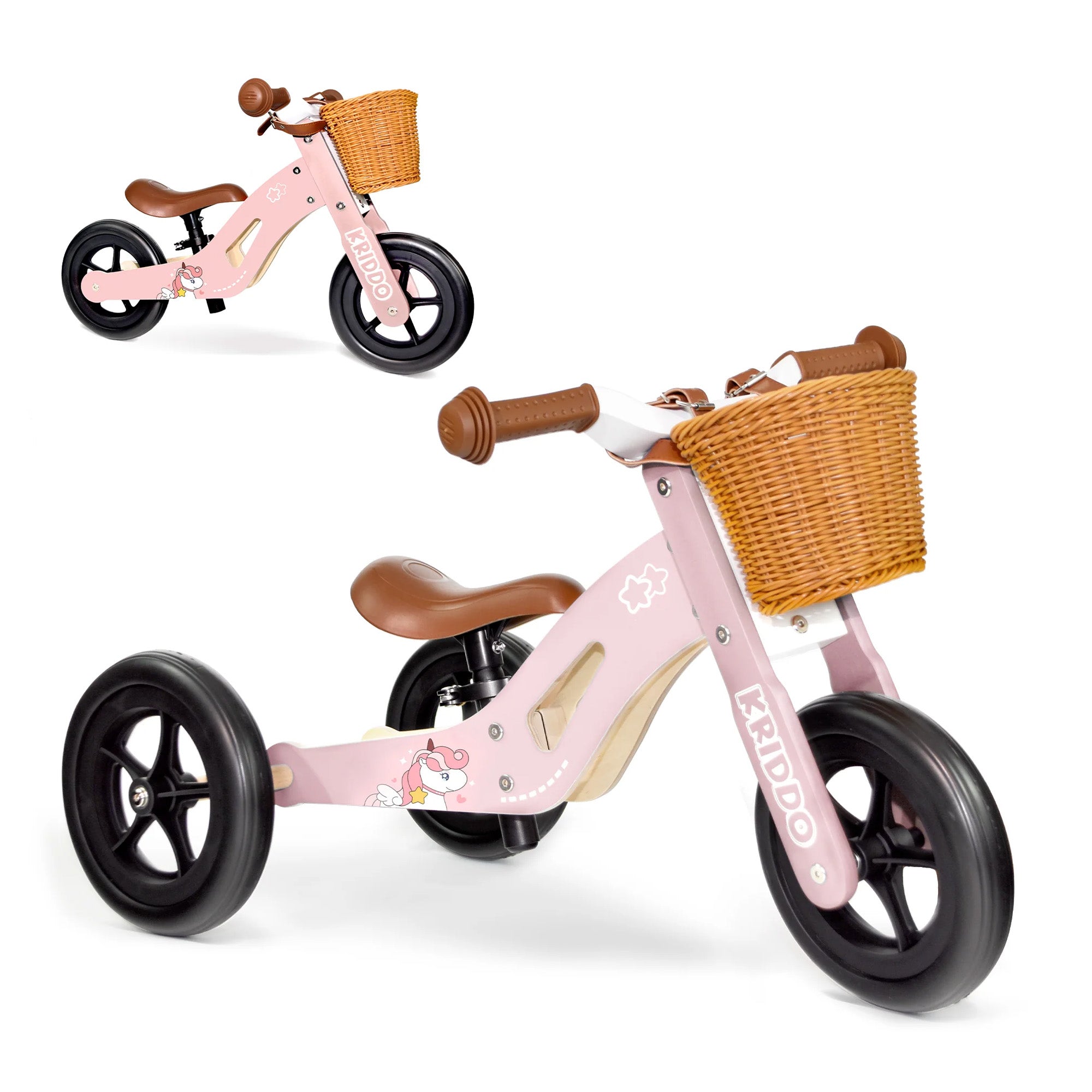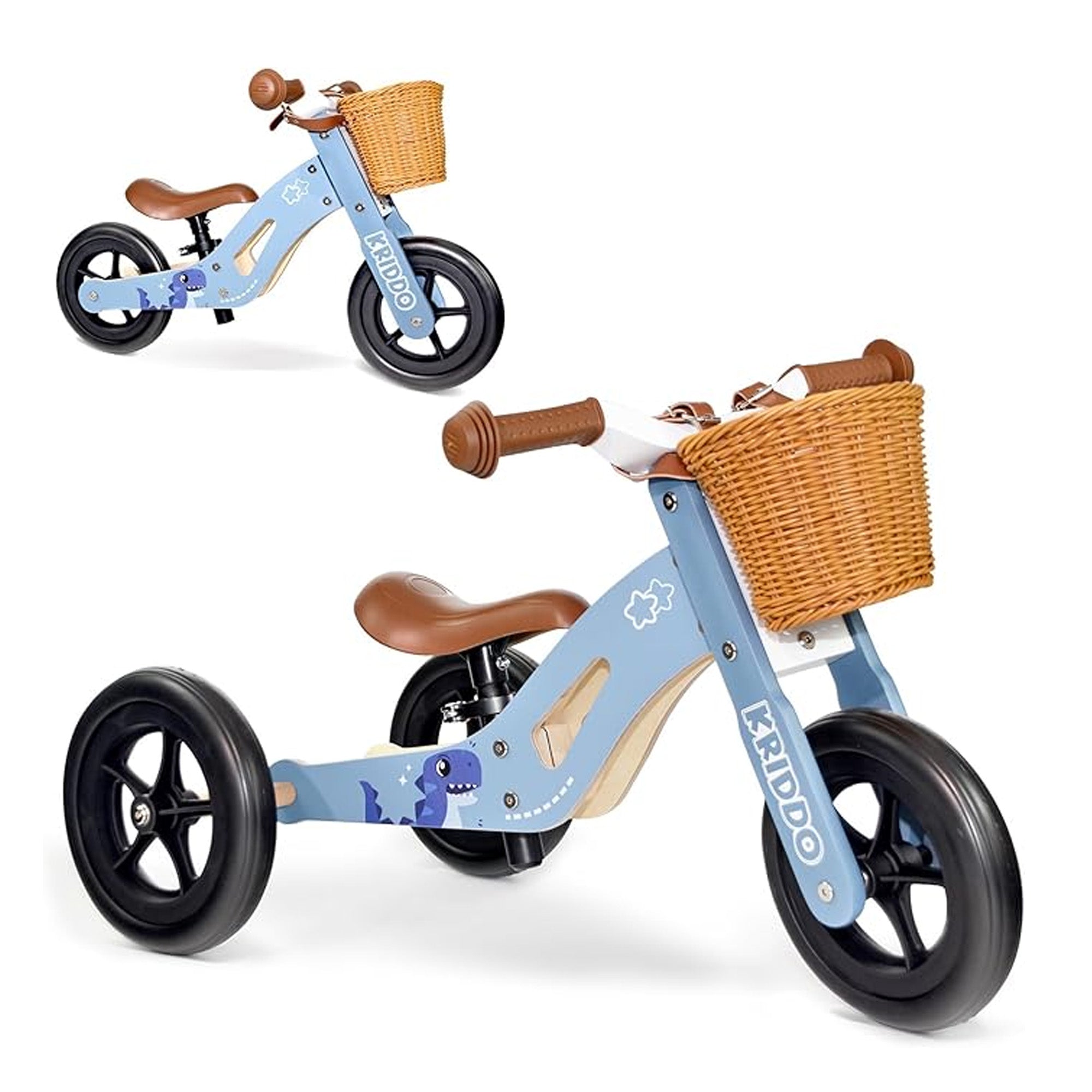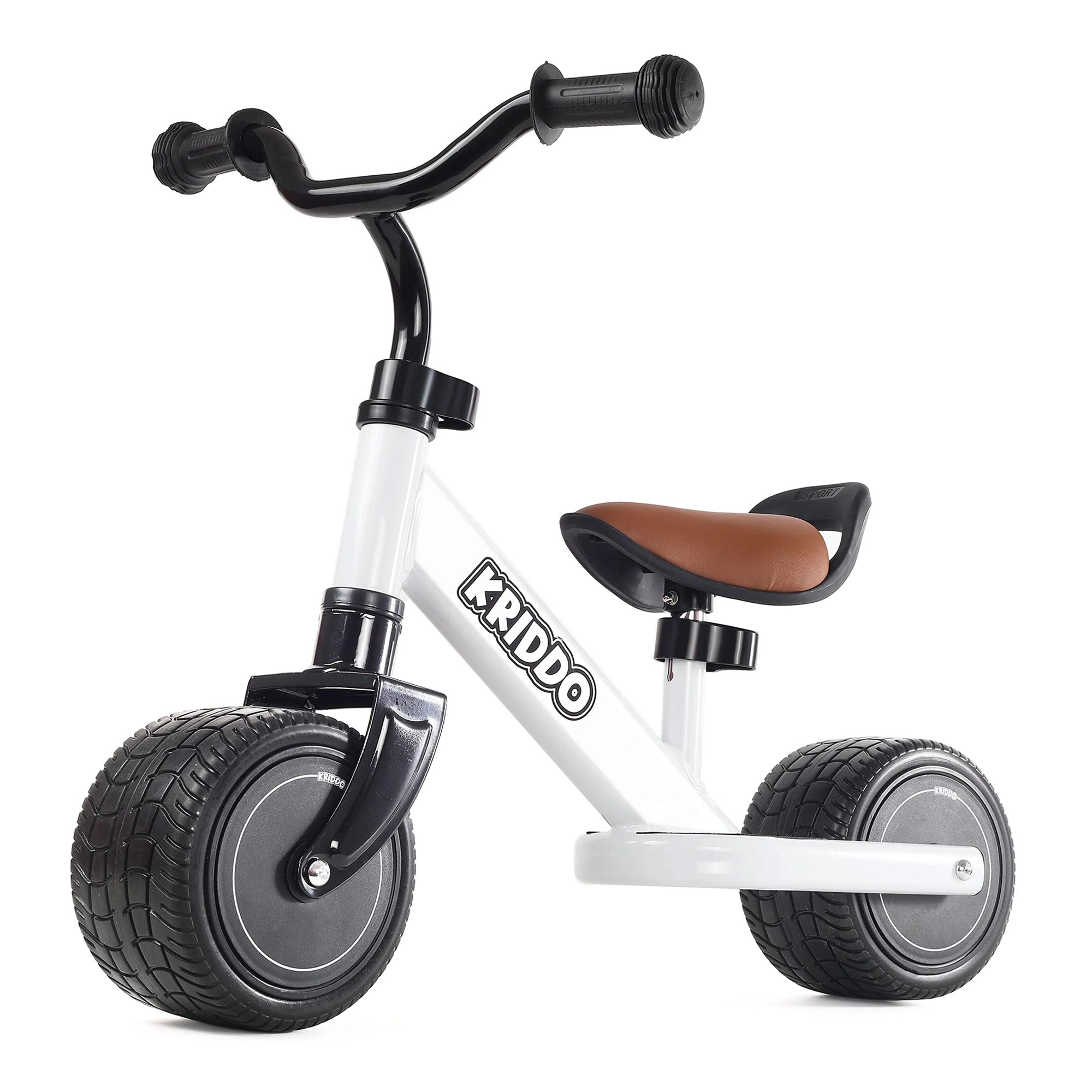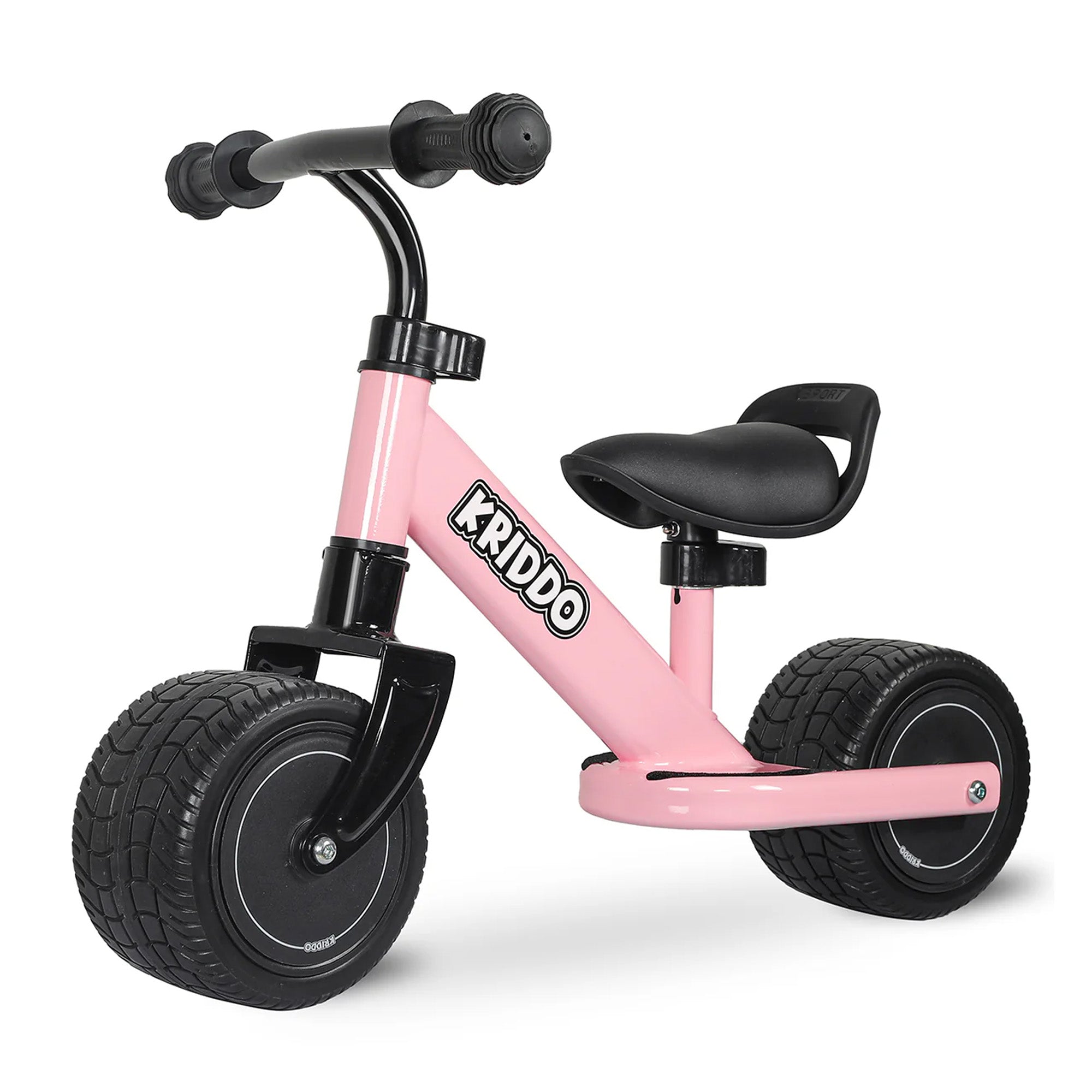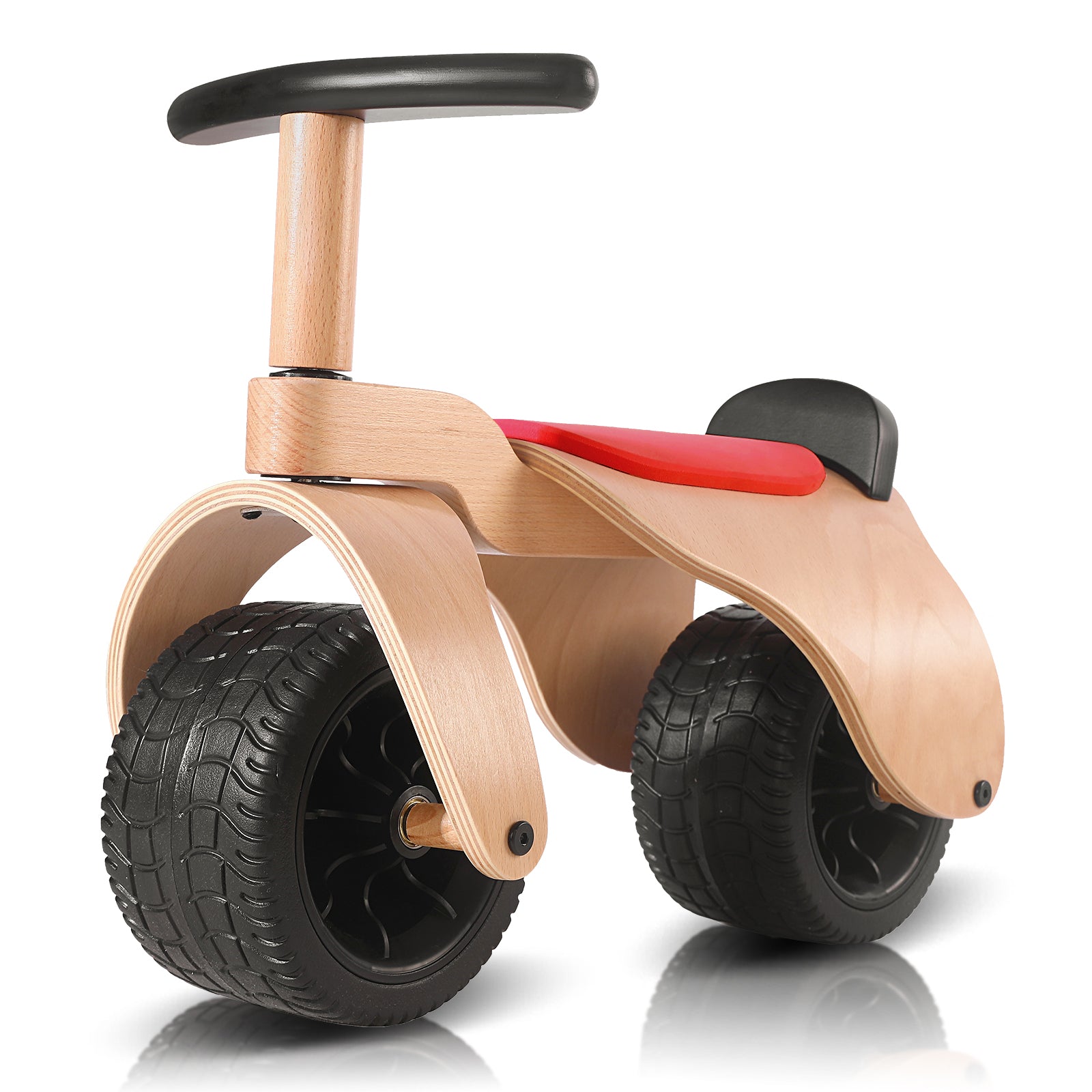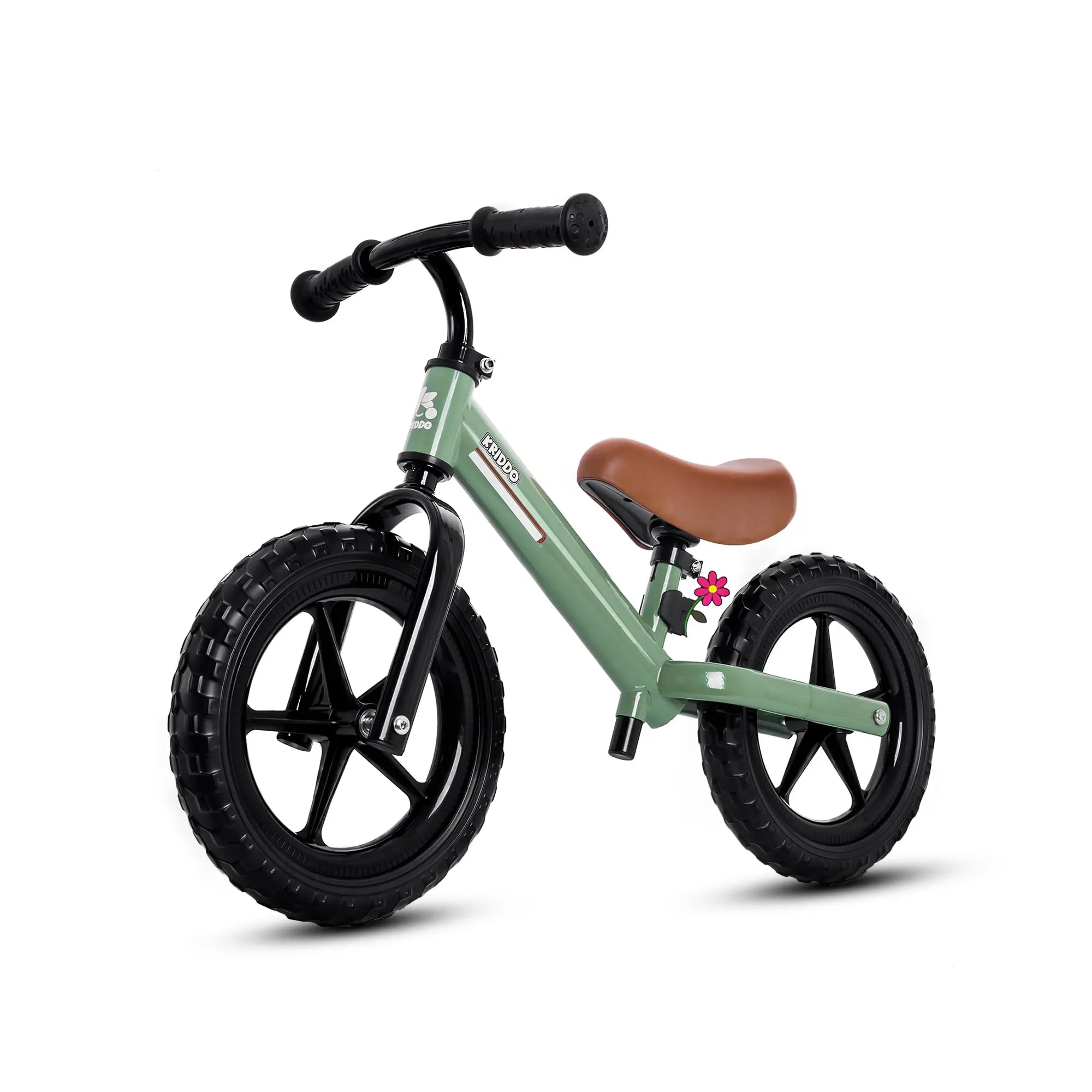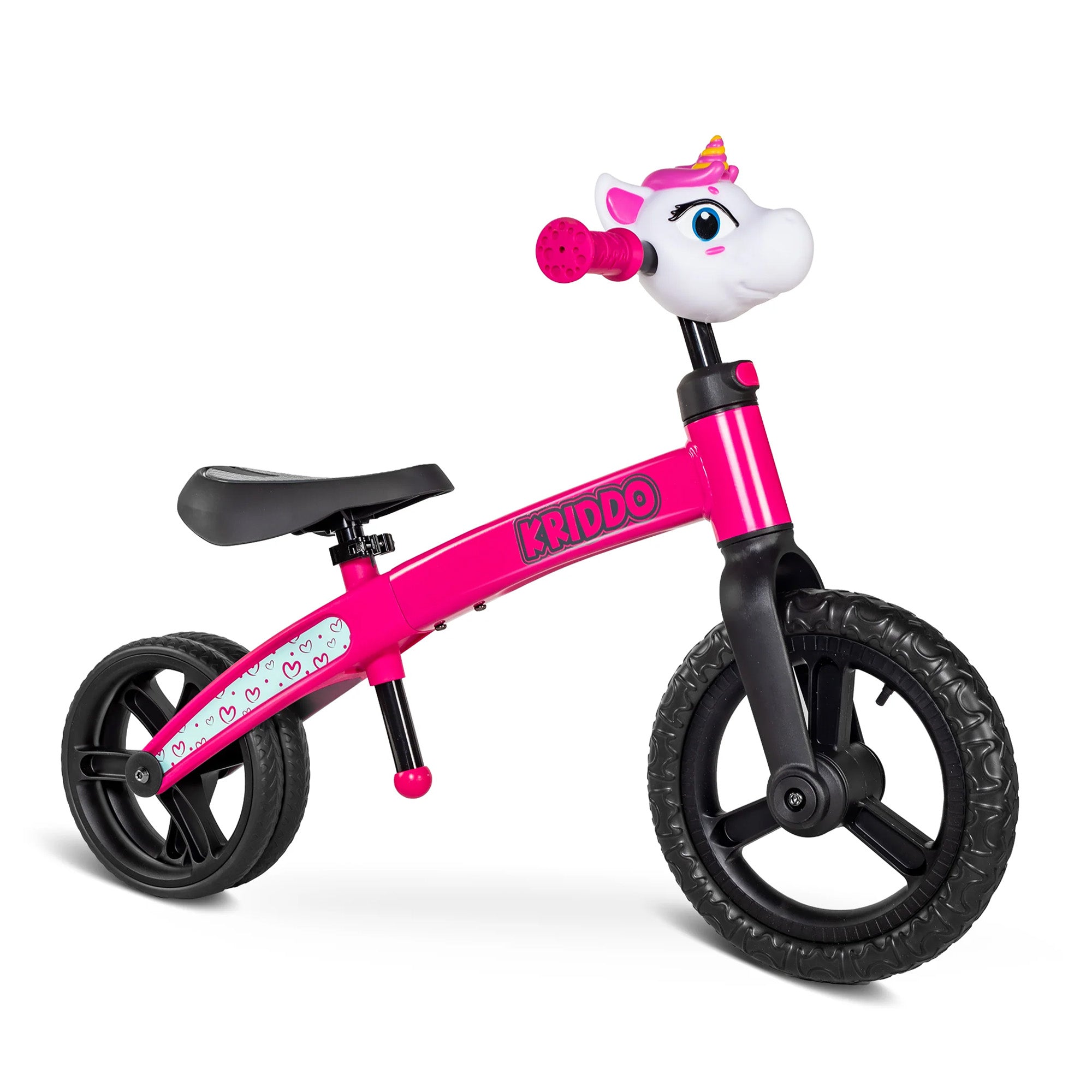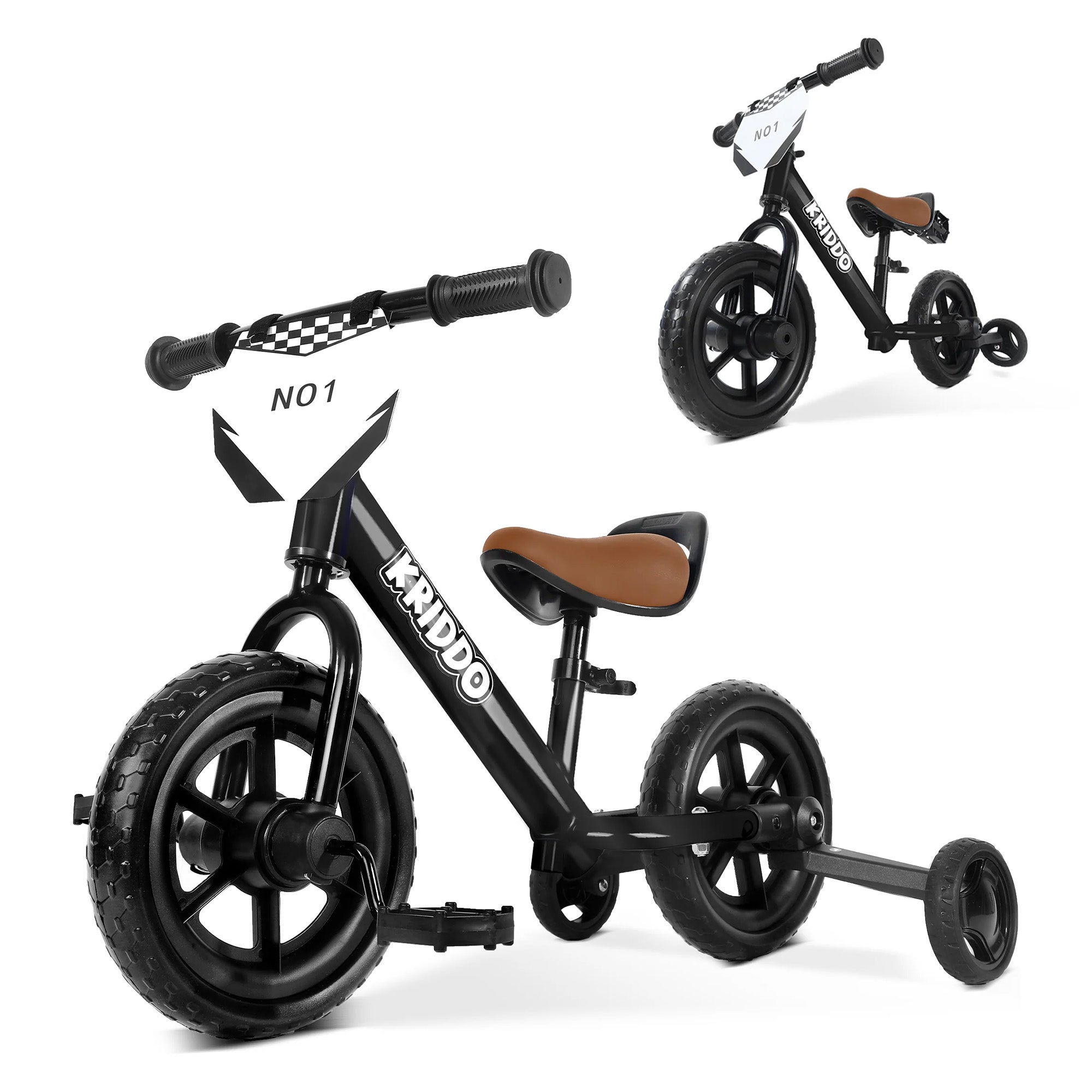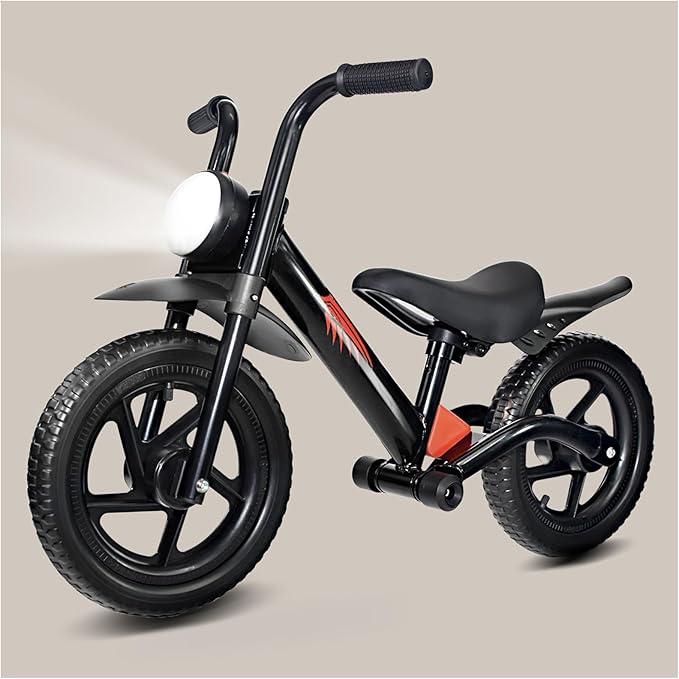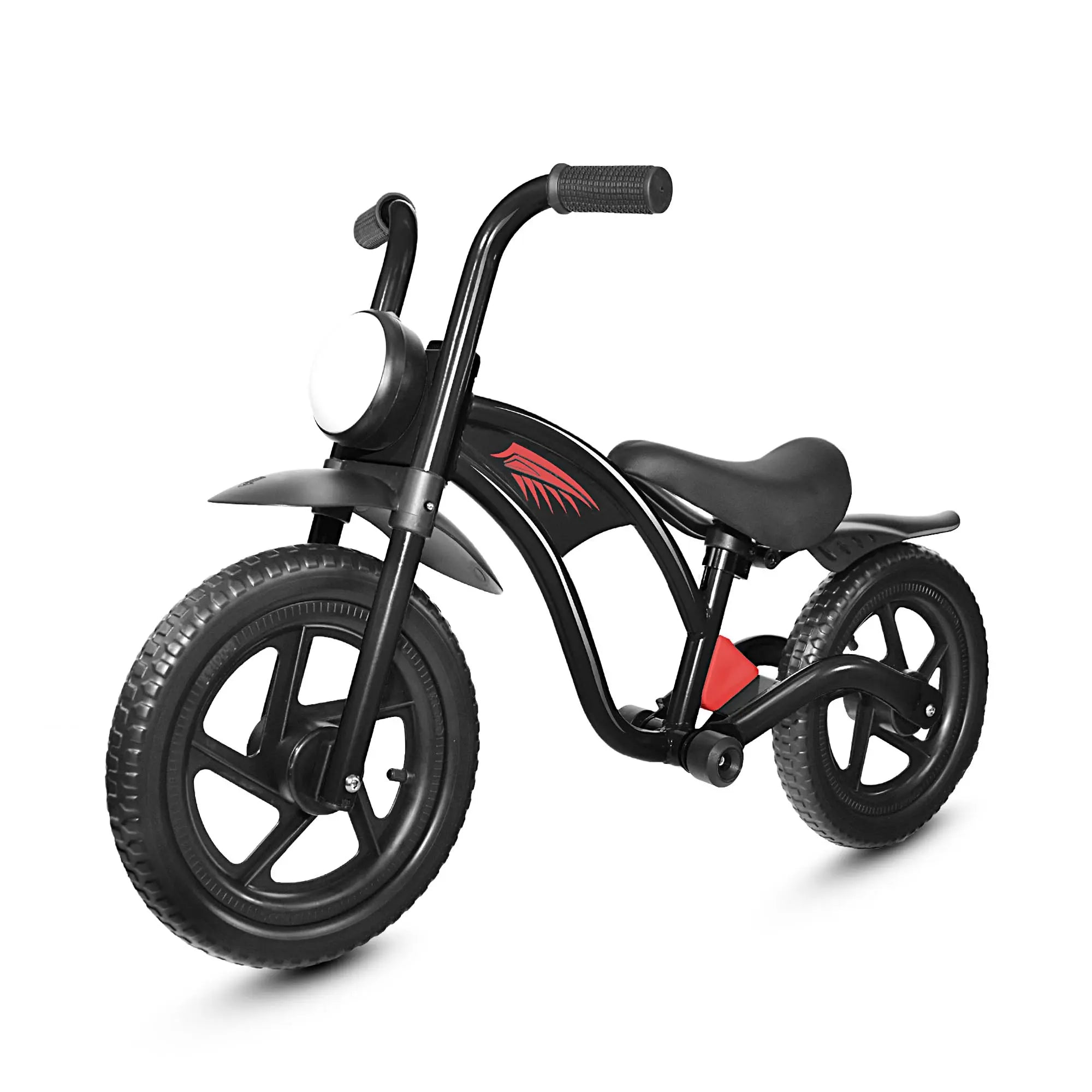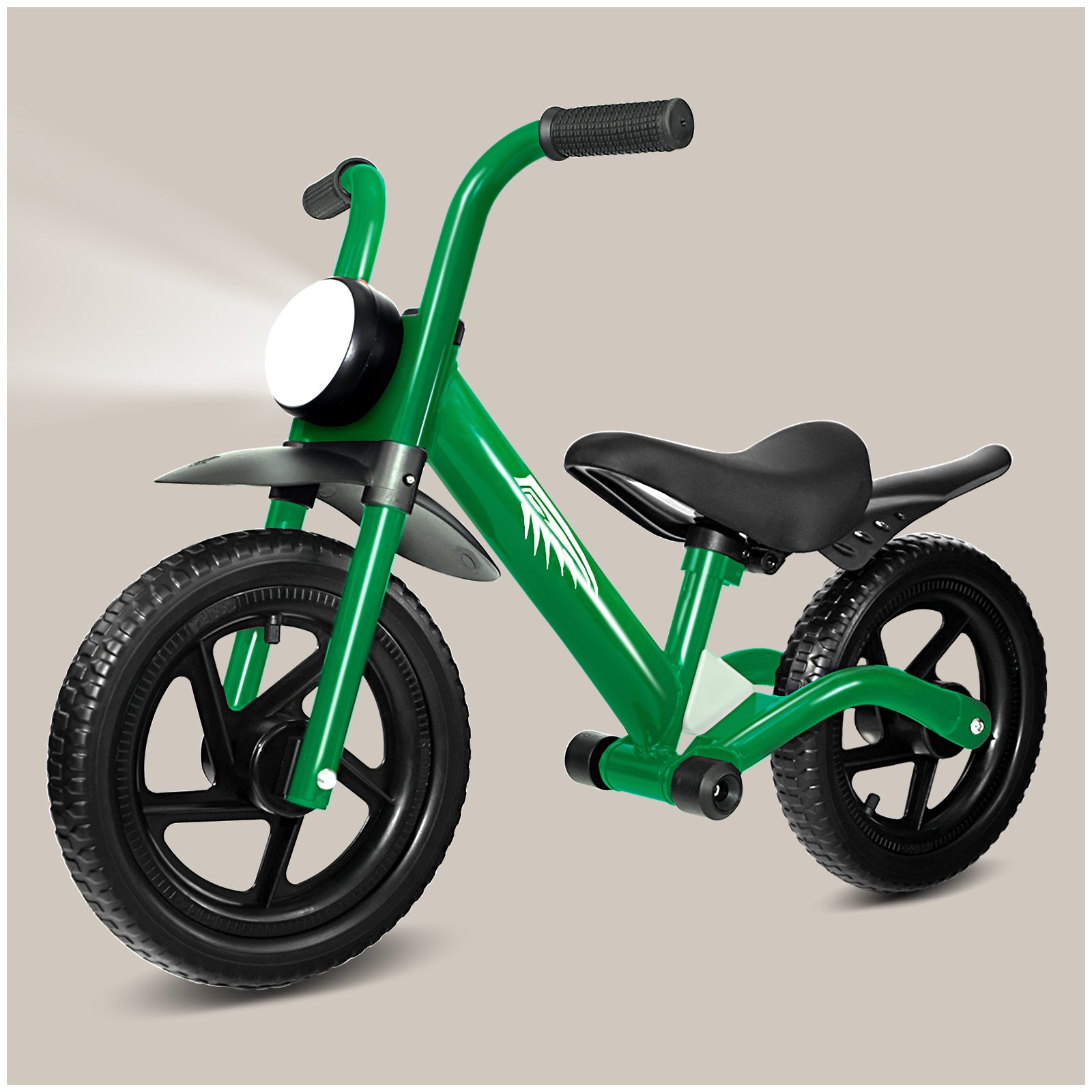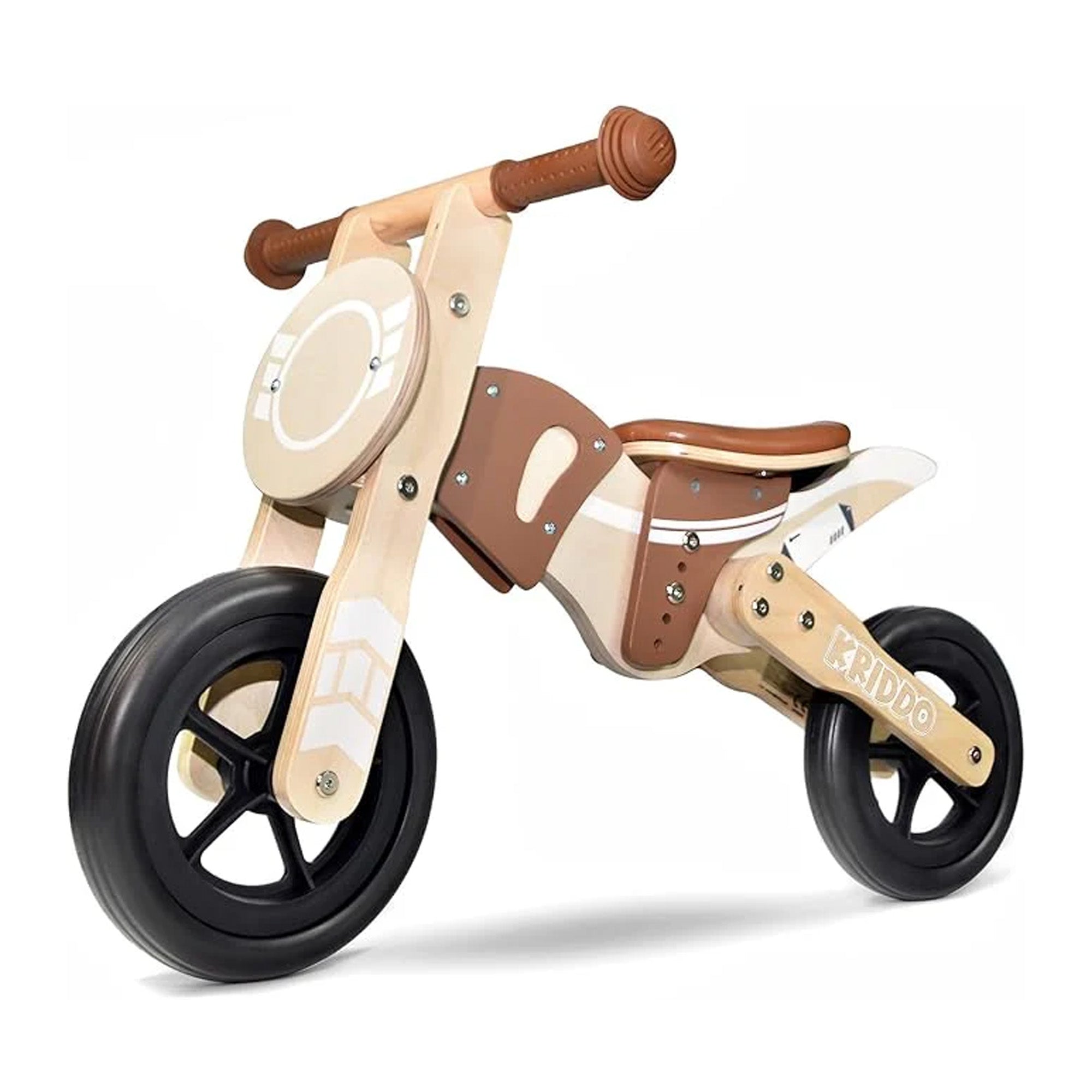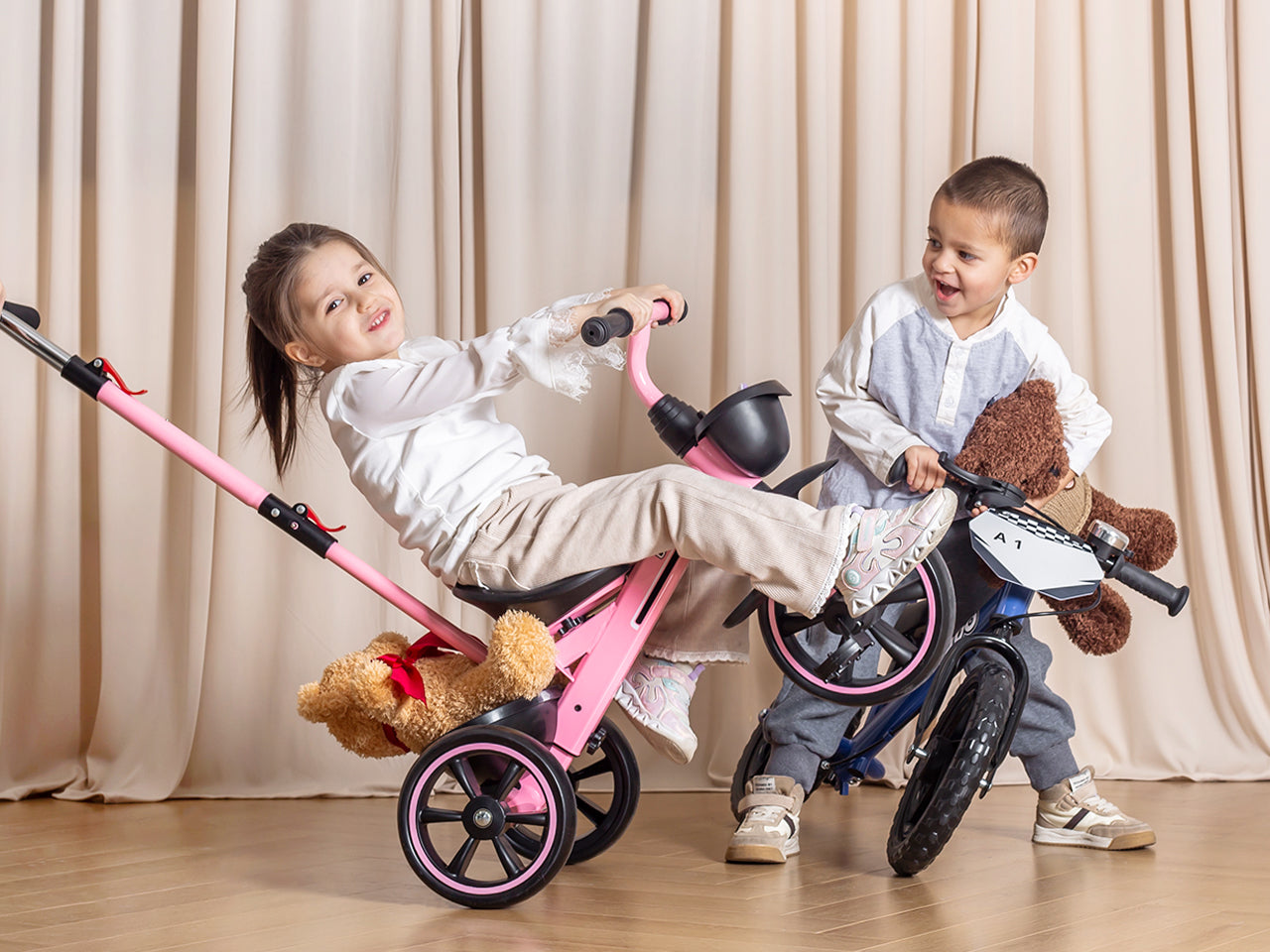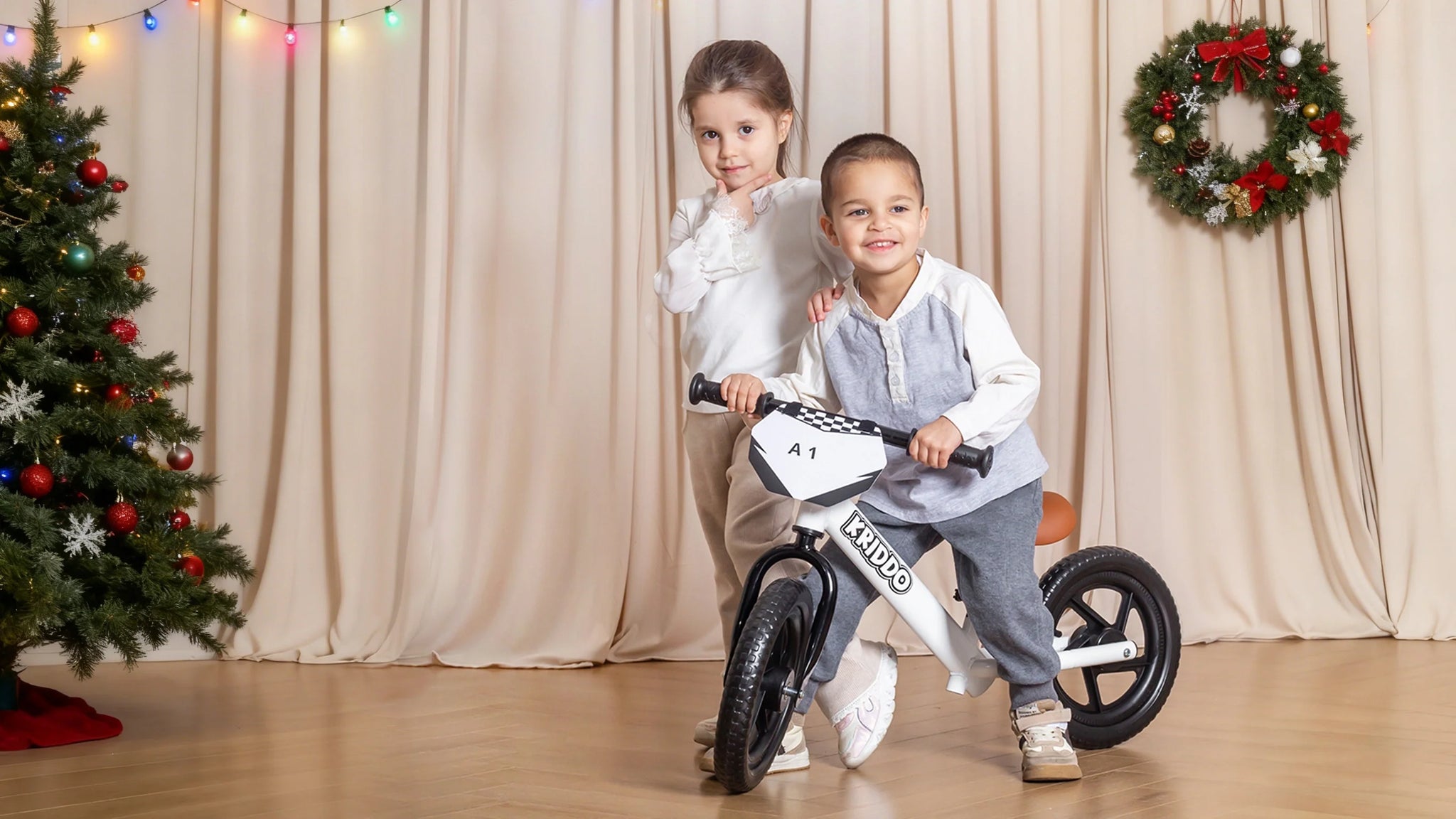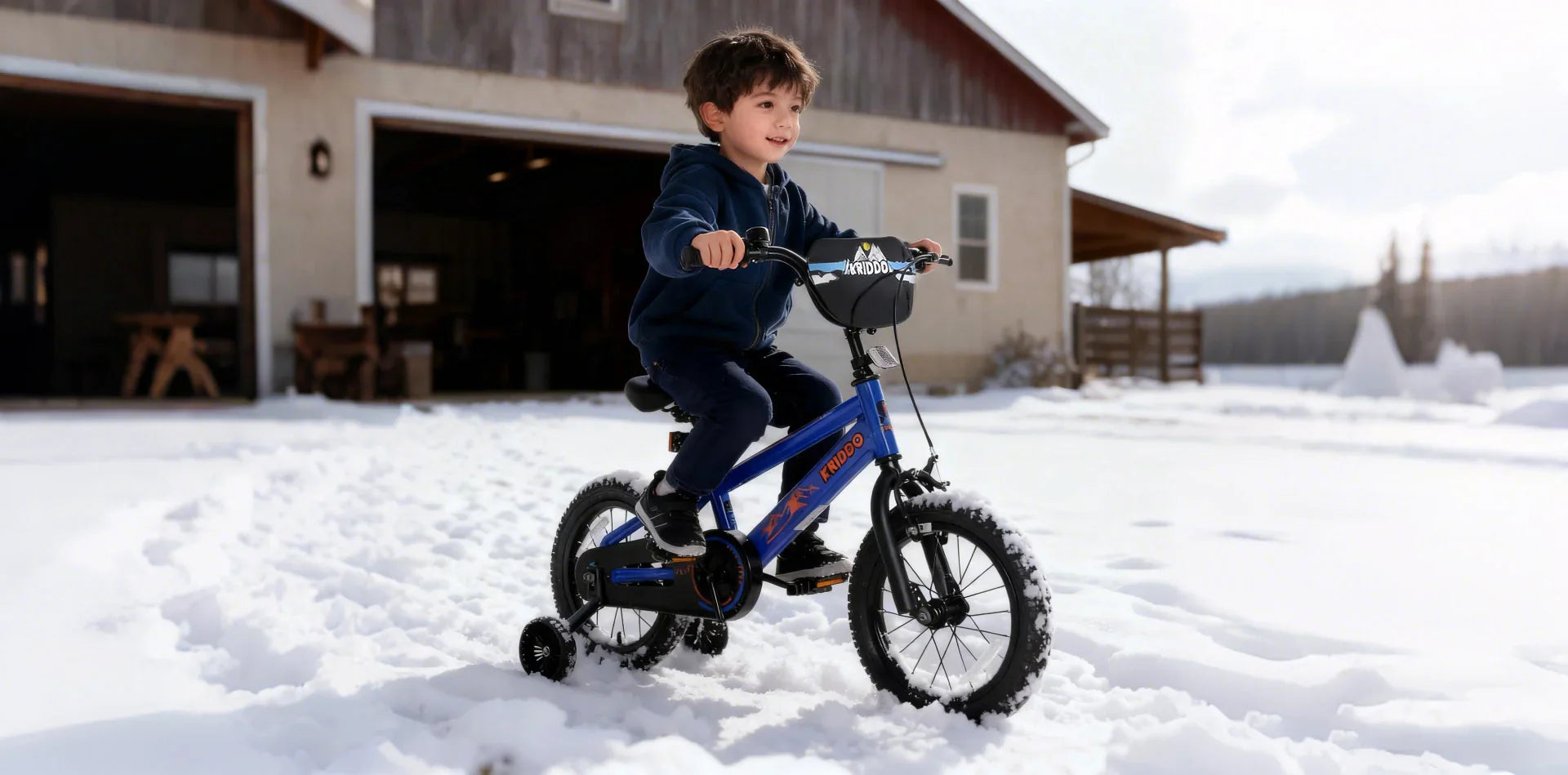Cheap Kids Bike vs Expensive Kids Bike:
What Parents Really Need to Know
Amy | 20th, Aug
Every parent has been there—standing in front of two kids’ bikes, one that’s super affordable and another that costs nearly double, wondering, “Do I really need to spend more?” It’s a fair question. Kids outgrow bikes quickly, so why pour money into something they might only use for a couple of years? But here’s the thing: when it comes to children’s bikes, price and quality often go hand in hand. And yet, sometimes a brand manages to break the rules, offering affordability and reliability. Let’s unpack the whole cheap kids bike vs expensive kids bike debate, and see where brands like KRIDDO Kids Bikes fit in.
Weight: The Unsung Hero of Kids’ Biking
You probably don’t think much about weight when buying your own bike—you just pedal harder if it feels heavy. But for kids, weight matters. A lot. Ideally, a child’s bike should weigh no more than 30% of their body weight. With many cheap kids bikes, that rule flies out the window. Steel frames, clunky parts, and low-end design can make a bike feel like a tank, discouraging kids from even wanting to ride.
That’s why it’s worth noting that Gofar 14 bike weighs just 25.1 lbs, and the Gofar 16 bike only 27.8 lbs. For kids aged 3–8, that’s a big deal—it means less frustration, more confidence, and way more fun.
Build Quality: It’s in the Details

Here’s the hard truth: frames don’t usually break. What gives out first are the small parts—brakes, pedals, training wheels, and bearings. And those little failures? They can quickly turn a “cheap” bike into a money pit. Expensive kids’ bikes often justify their price with carefully tested, higher-quality components. They’re built with intention, not just assembled with the cheapest materials available.
But that doesn’t mean every affordable bike is a disaster. KRIDDO proves that a cheap kids bike can still come with well-fitted parts, tested components, and smooth assembly. The difference is immediately noticeable when you turn the handlebars or test the brakes—it feels stable and secure, not wobbly or flimsy.
Handlebar Height: Comfort Meets Control
One of the most overlooked aspects of kids’ bikes is handlebar design. If the bar sits too low, your child hunches forward, straining their little arms and limiting leg movement. Too high, and suddenly they’re steering at chest level, elbows bent awkwardly, struggling to stay balanced.
Most budget-friendly bikes skip over this design detail. But KRIDDO takes a smarter approach with adjustable handlebars and seats. This simple feature means the bike can “grow” with your child, while also making sure they stay comfortable from day one. And let’s be real: when a child feels comfortable, they ride longer—and they enjoy it more.
Cheap vs Expensive: The Real Divide
So, what really separates a cheap kids bike from an expensive one? Here’s a quick breakdown:
Design and Testing: Premium bikes are engineered for efficiency and tested thoroughly. Cheaper models? Often rushed through production.
Components: Higher-end bikes use durable, smooth-operating parts; cheaper ones may cut
corners.
Ride Quality: Ultimately, this is the biggie. Expensive bikes tend to deliver a smoother, safer, and more enjoyable riding experience.
But KRIDDO throws a curveball into this neat divide. With prices under $150, they’ve managed to balance affordability with real-world safety and usability—something not every “cheap” bike can claim.
Spotlight: KRIDDO Gofar 14 & Gofar 16
If you’re seriously considering a cheap kids bike that doesn’t compromise on safety or fun, there are a 14-inch bike and a 16-inch bike worth looking at:
Both models are proof that you don’t need to pay a fortune for peace of mind.
Safety: Non-Negotiable for Parents
Whether you spend $80 or $280, safety features should always come first. The good news? KRIDDO bakes in essentials like:
Front and rear braking systems
Chain guards to protect little hands and clothes
Reflectors for visibility during dusk rides
Solid training wheels that actually support balance
These features are often compromised on ultra-cheap bikes, which is where accidents tend to creep in. And honestly, no parent wants to gamble with that.
So, Should You Buy a Cheap Kids Bike?

Here’s the bottom line: not all cheap kids bikes are created equal. Many are heavy, poorly assembled, and uncomfortable—ultimately making riding less fun for kids. But brands like KRIDDO show that affordable doesn’t have to mean low-quality. If you stick to bikes that prioritize weight, safety, and thoughtful design, you can absolutely find a budget-friendly option that still delivers on quality.
So the next time you’re weighing cheap kids bike vs expensive kids bike, remember: it’s not just about the price tag—it’s about the ride your child will have. And sometimes, spending smart (not just spending more) is the real win.
Featured Products








